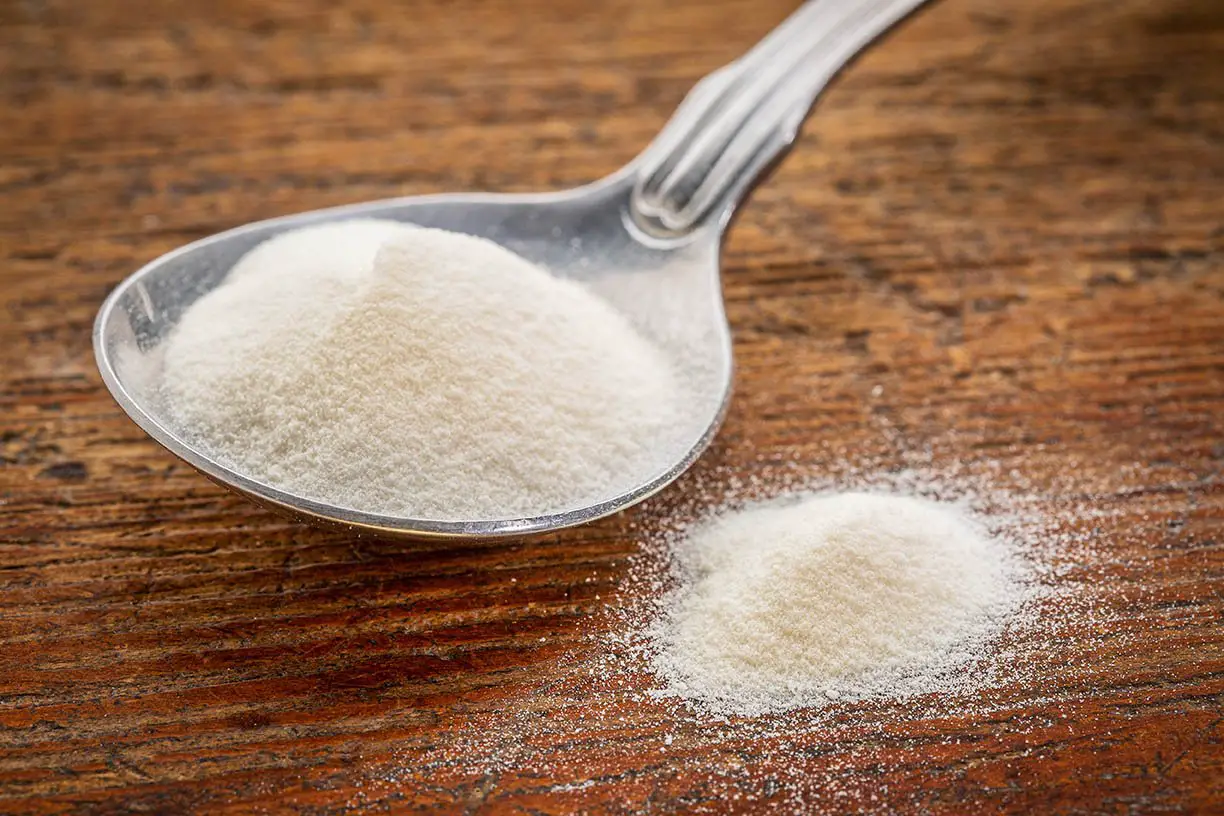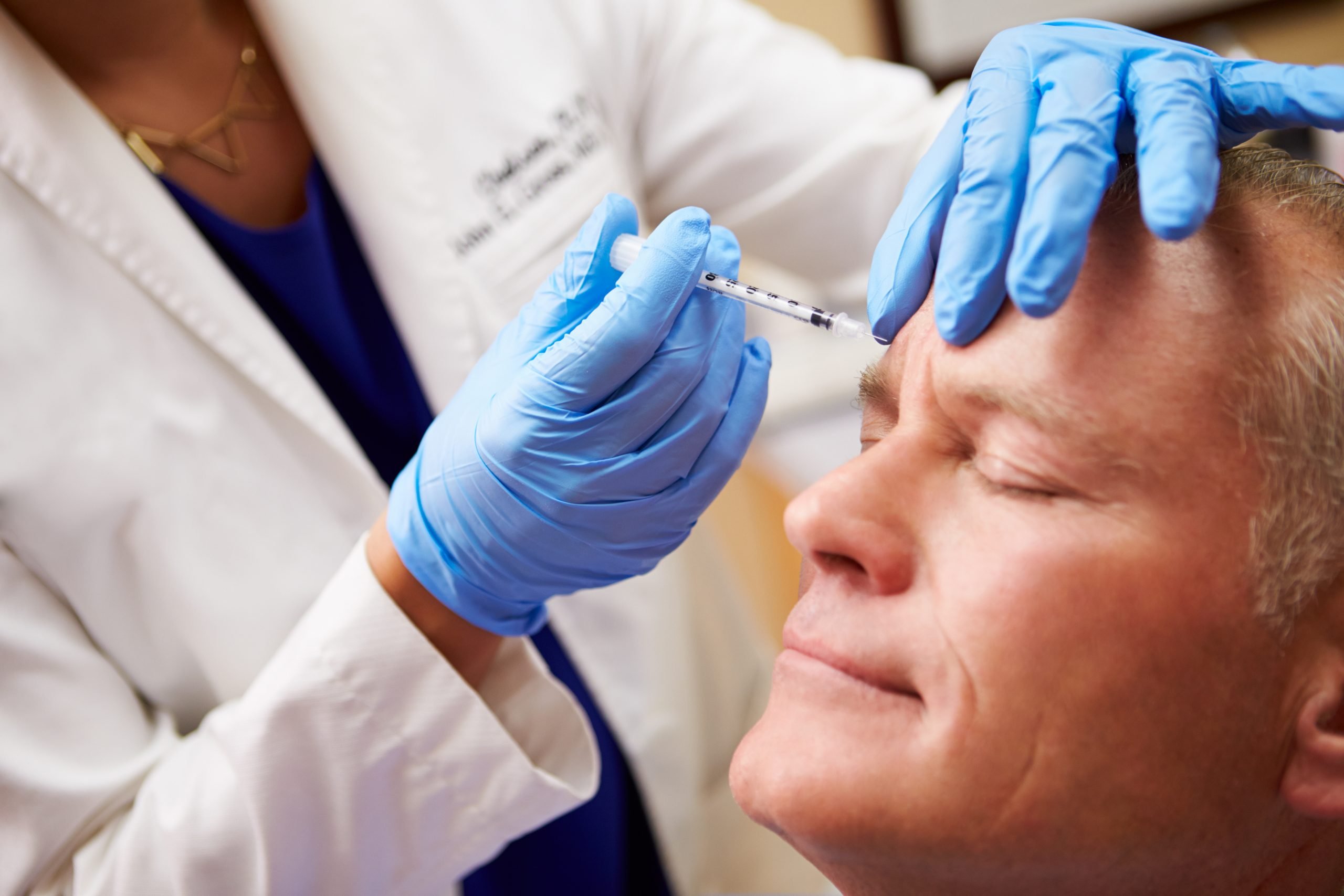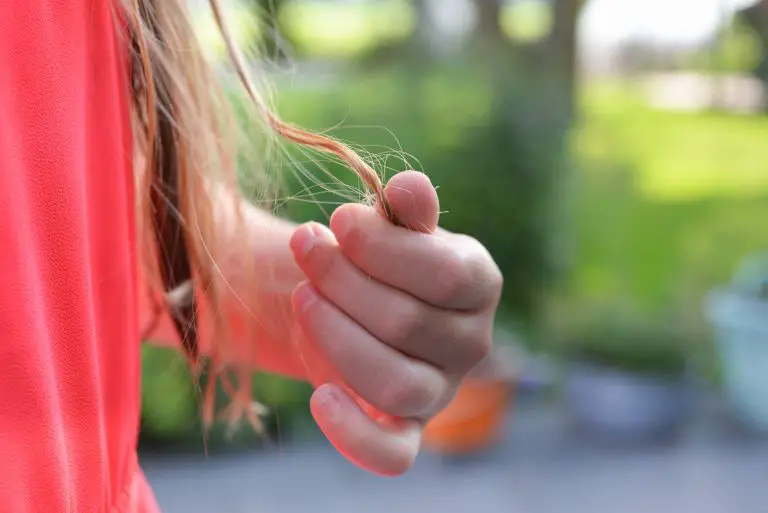
Page Contents
Prednisone is a medication you have probably heard about. You may even be taking it right now. If you are and are also losing your hair, you need to know:
Does prednisone cause hair loss? The short answer is yes, prednisone does cause hair loss for some people. However, it can also affect hair growth in a beneficial way.
Therefore, it is important to know more about how prednisone works. This can provide a better understanding of how it might cause hair shedding. Let’s start with what prednisone is.
What Is Prednisone?
MedlinePlus.gov lists prednisone in the class of medications called corticosteroids. There are four main forms of prednisone: tablet, delayed-release tablet, concentrated, and liquid. Depending on what it is prescribed for, you may be directed to take prednisone anywhere between once every other day to four times a day.
What Is Prednisone Used For?
Prednisone is most often used as an effective treatment of low corticosteroid levels. Corticosteroids are something your body needs for normal functioning and are made by your adrenal gland. If your adrenal gland is not functioning properly, there is an increased risk of many health problems.
Some of these are:
asthma
hay fever
eczema
gout
chronic obstructive pulmonary disease (COPD)
Prednisone and other corticosteroids are also known to reduce swelling and redness. This is why this steroid treatment is prescribed for arthritis, severe allergic reactions, autoimmune conditions, and other things that cause inflammation.
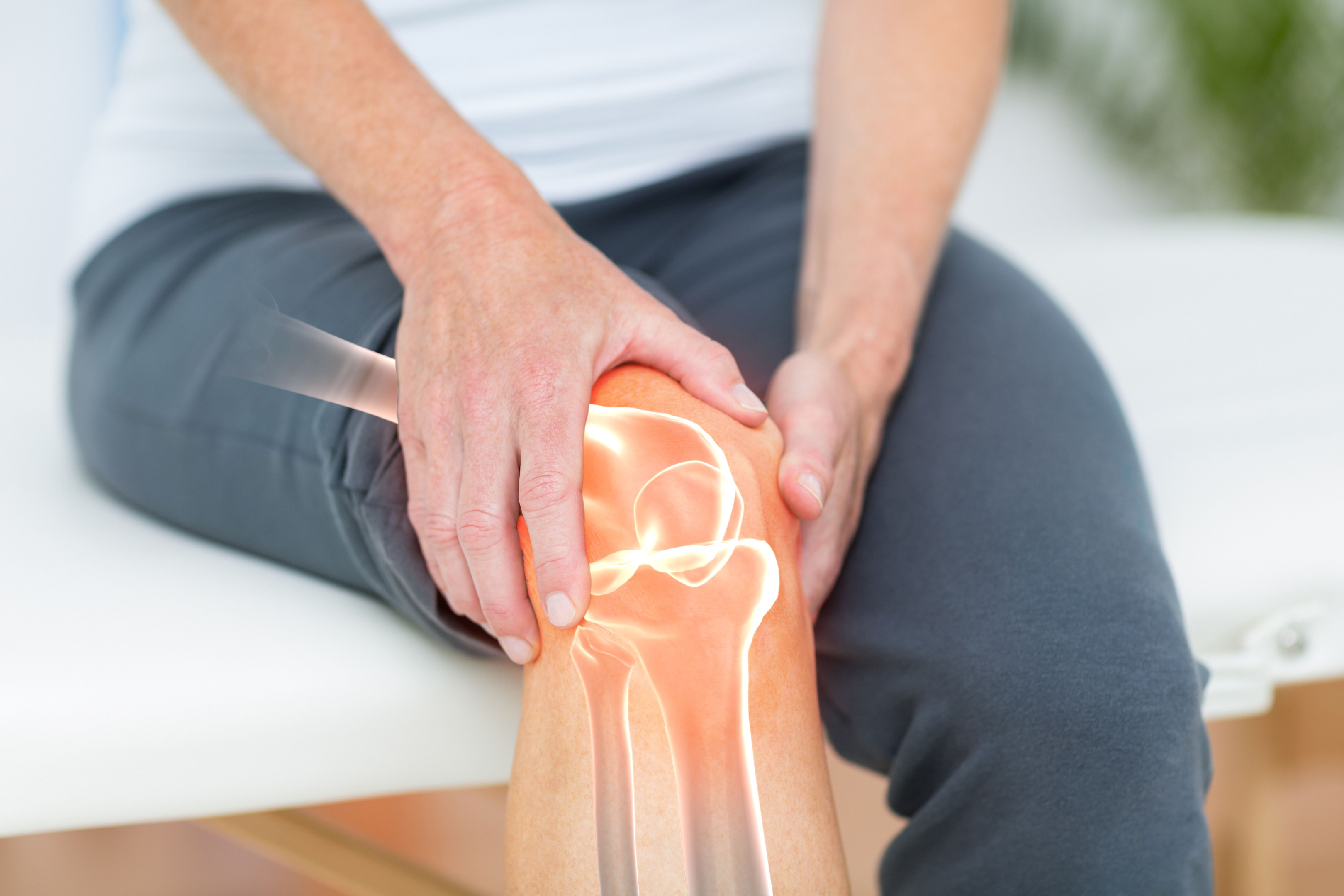
Systemic steroids like prednisone are also used to treat other conditions like multiple sclerosis, lupus, and some types of cancer. For these, another prescription medication is usually taken in addition to prednisone.
Prednisone And Other Medications
Unfortunately, prednisone is very likely to react to other medications. There is a long list of medications you are supposed to alert your doctor you are taking if you are considering using prednisone. These include:
anticoagulants
certain antifungals
aspirin
diuretics
HIV protease inhibitors
hormonal contraceptives
medications for diabetes
Additionally, your doctor should also know about any herbal supplements you take. St. John’s Wort and grapefruit products are specifically mentioned by MedlinePlus.gov as causing adverse effects when taken with prednisone.
Other Considerations
You are supposed to avoid vaccinations and stay away from people who are sick while taking prednisone. Your healthcare professional may have you avoid both of these even a while after you stop. Surgeries and other things should be put off until later as well, if possible, including minor dental treatments.
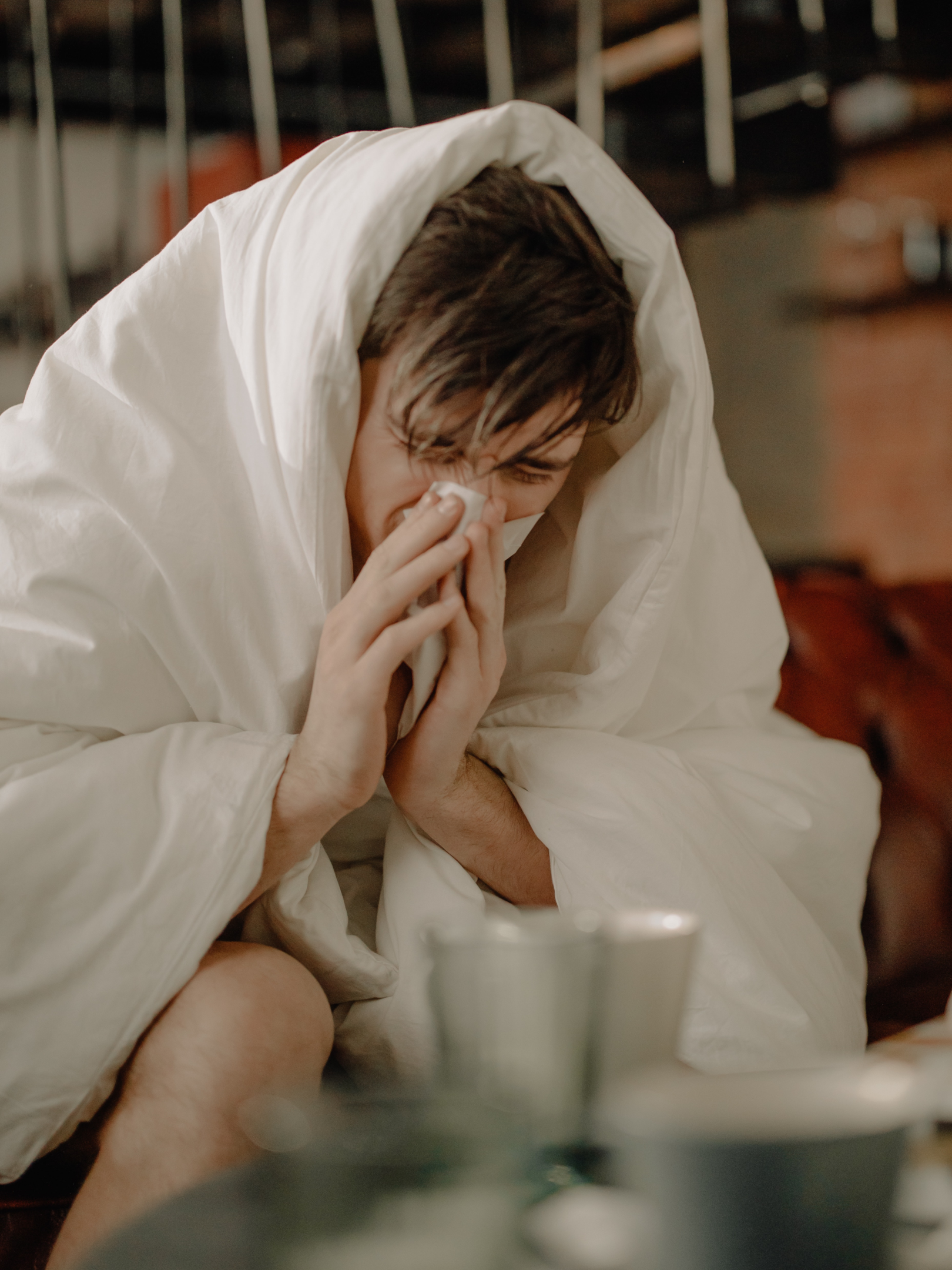
When you stop taking prednisone, you are always supposed to do so slowly. Abruptly stopping it will cause your corticosteroid levels to drop, especially if you were taking high doses of it.
Dietary instructions that are often given when taking this drug are to decrease salt and increase calcium and potassium, but I’ll give additional information on why they recommend that in the next section.
The Side Effects Of Prednisone
Prednisone has a number of common side effects. Thinning hair is one possible side effect, but these other side effects can cause hair loss indirectly. Some of the common side effects include:
dizziness
headache
difficulty falling asleep or staying asleep
red or purple blotches or lines under the skin
acne
slowed healing of cuts and bruises
extreme tiredness
weak muscles
irregular or absent menstrual periods
heartburn
increased sweating
mood swings
There is also the chance you may be allergic to prednisone. There have also been cases where someone was allergic to one of the inactive ingredients in the specific brand of prednisone they took, not the prednisone itself.
Related Reading

This allergic reaction may be instantaneous, like swelling of your throat, or take longer to show signs, such as causing you to get rashes or hives. Prednisone may also slow growth in children and is linked to Kaposi’s sarcoma, which is a type of cancer.
Secondary Side Effects
The mood changes are caused by this drug affecting your adrenal system. Any hormonal changes can cause the secondary side effect of weight gain, as one example.
The reason your doctor may have you take calcium and potassium with prednisone is that this medication may lower these in your blood. This can cause osteoporosis, which is another side effect of prednisone.
As for why your healthcare provider will tell you to avoid medications and being around sick people, this is because you won’t be able to fight off any infections as easily on this drug. It decreases your immune function, making you more likely to get sick.
Severe Side Effects
With most of the above side effects, you may still need to keep taking your treatment if the effects are bearable. However, you are supposed to stop immediately if you experience:
vision problems or eye pain
signs of infection like a sore throat, fever, chills, or coughing
seizures
depression
muscle twitching or tightening
uncontrollable shaking of the hands
burning, numbness, or tingling in the face, legs, or arms
vomiting
irregular heartbeat
shortness of breath
difficulty swallowing
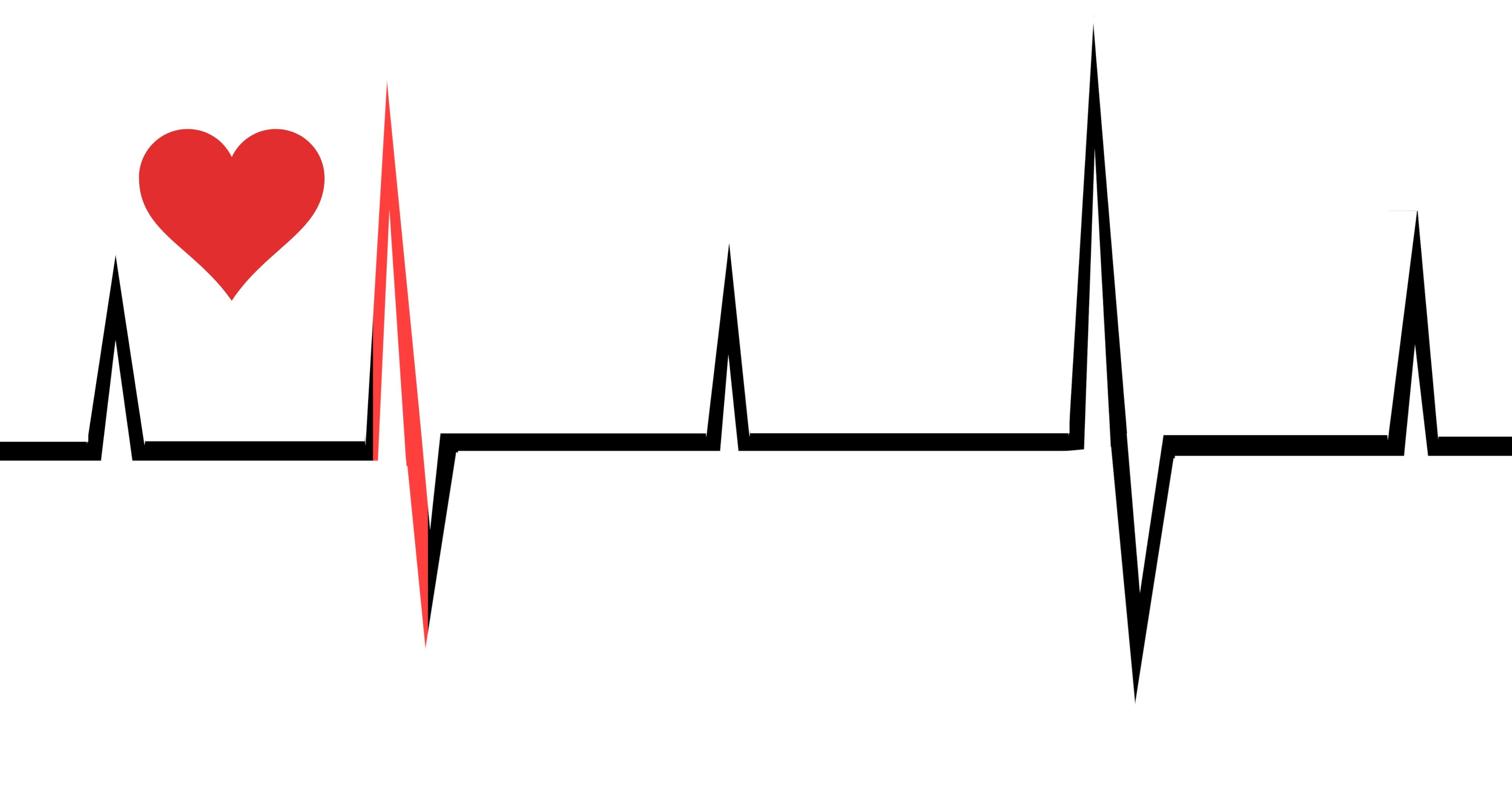
Withdrawal Symptoms
As mentioned, when you stop taking prednisone, you may have side effects from low corticosteroid levels. The side effects of this include tiredness, weakness, upset stomach, weight loss, changes in skin color, imbalanced hormones, sores in your mouth, and a craving for salt.
You are supposed to contact a healthcare professional if you experience any of these things when stopping prednisone. Your physician may have you go back up on your prednisone and stop slower.
Prednisone And Hair Loss
Prednisone affects your hair in a few different ways. As mentioned, many of the side effects can cause hair loss indirectly. Some of these can also halt excess hair fall with certain types of hair loss.
Prednisone Halting Hair Loss
Though prednisone can cause hair loss, it can also help thinning hair. For starters, its role in decreasing swelling is beneficial for hair growth. Swelling of any amount and for any reason in your scalp is bad for your hair follicles.
This is because it squeezes the blood vessels in your scalp closed and prevents nutrients from getting to your follicles. If the swelling is bad enough, it can also damage your cells, which aren’t meant to be enlarged for long periods.
Prednisone can also help your hair if you are suffering from low corticosteroid levels. Having low levels of this in your body can cause imbalanced hormones and other things. Imbalanced hormones are a common cause of hair loss in women.
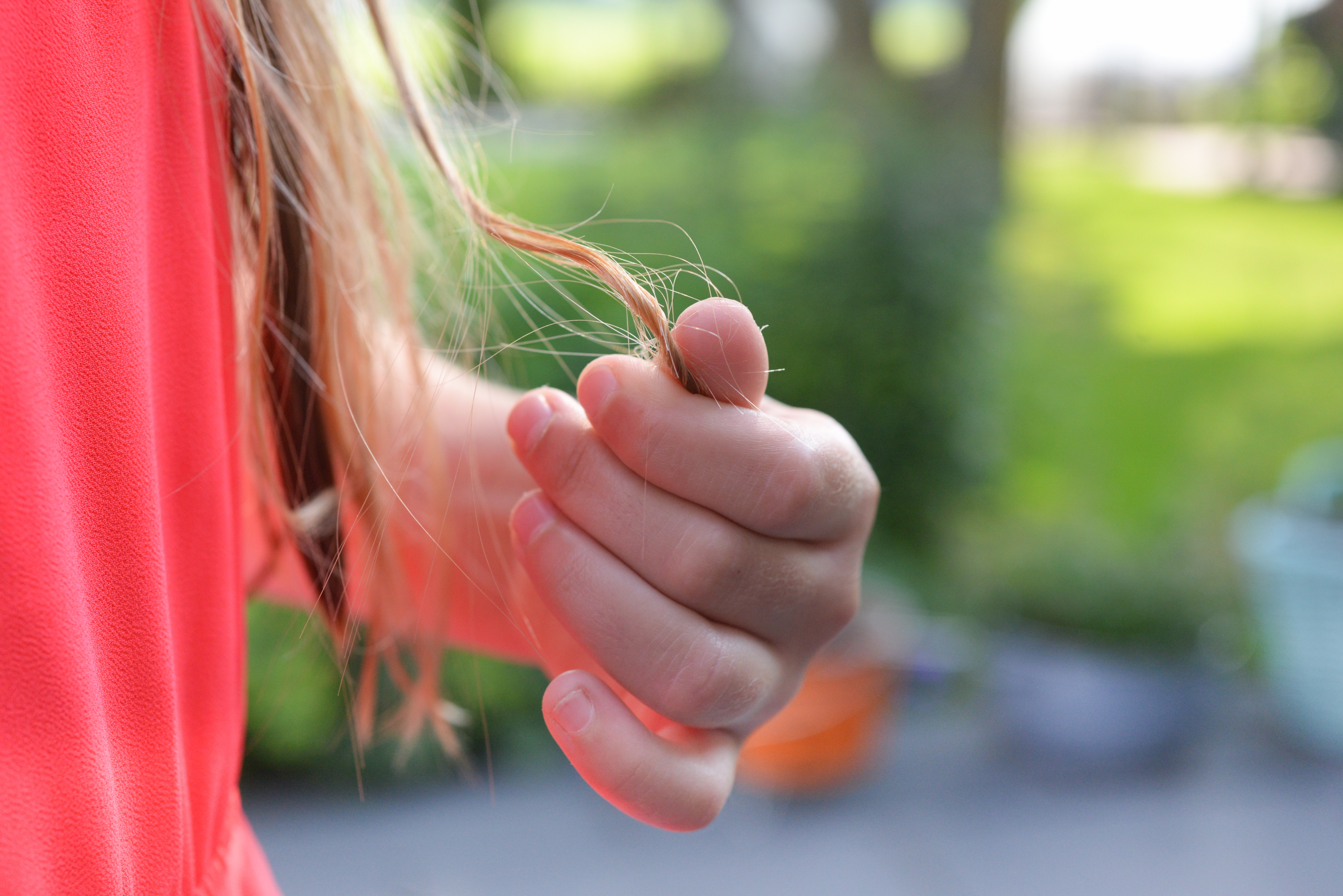
Prednisone Hair Loss
On this same note, however, the low corticosteroid levels after you stop taking prednisone can negatively affect your hair, even when you drop your dosage slowly to avoid this. This is why hair thinning is entirely possible when you stop taking prednisone.
Your hair may grow back after your corticosteroid levels have regulated themselves again. The higher the dose you were taking before you stopped, the greater the chance it will negatively affect your hair growth when you stop.
As for causing hair loss while you are taking it, prednisone can decrease your calcium levels. This is why it puts you at risk of osteoporosis, but it also affects the strength of your hair strands. Though more calcium goes into your bones than your hair, a lack of it makes both brittle and causes hair thinning due to breakage.
The fact that it lowers your ability to fight infections can also cause hair loss. It makes you less likely to fight off scalp fungal infections, which damages the hair follicle and directly causes hair loss.
This also stresses your body more than usual, even if you just get a simple cold. Since stress is known to cause hair loss, this is another reason why a poor immune system can lead to increased hair fall.
Finally, if this steroid causes weight gain, the extra weight can lead to other health problems, any one of which can cause hair loss.
What You Can Do About This Hair Loss
Hair loss caused by prednisone can be complicated. There are times when a prednisone treatment is necessary for the medical condition you have.
Your healthcare provider may tell you there are no other prescription drugs you can take. Therefore, it’s important to know ways to minimize the risk to your hair growth.
Take Vitamin Supplements
Calcium and potassium are vitamins that can help you have thick hair. Since prednisone is known for lowering these, ask your doctor if you can take calcium and potassium.
A doctor may not always prescribe these two vitamins, but they will help prevent hair from becoming brittle while you are taking prednisone. A healthy diet high in these vitamins is also a good idea, especially if your medical condition has you taking some other medication that you should not take calcium or potassium with.
Follow Instructions
You should stick to whatever schedule or diet you are told to use when taking prednisone, especially when it comes time to stop. Next, drop your dose as slowly as possible when you stop taking prednisone.
If you are concerned about this affecting your hair growth, you can ask about ways of lowering the risk. At the very least, your doctor may be able to let you decrease your dose extra slowly if you request it and express concerns about hair loss.
Stay Healthy
Since prednisone makes it difficult for your body to fight infections, do your best to avoid getting these in the first place. Take care of your health by getting enough sleep and eating healthily.

Trying to avoid stress will also help your health. Most people typically have an activity they find relaxing, and they should try to make time to do this as often as possible.
Other Tips
Supposedly, more men than women suffer from hair loss due to prednisone, but that has not been verified. It is thought that this is because prednisone may increase DHT levels in some people.
Just to be safe, you can start using a DHT-blocking shampoo or some other product to block DHT. You can also give your hair follicles a boost by using a shampoo that is made for hair loss. Hair loss products always have something in them to help your hair grow thicker and may prevent you from losing hair from prednisone.
Final Thoughts
As you can see, prednisone hair loss is not a straightforward matter. Unfortunately, there isn’t a way to know if prednisone will cause hair loss until you start taking it.
So, has prednisone caused you to start losing hair? If you had hair loss, how long after stopping prednisone did it take to grow back? Please let me know anything that might be helpful to others with hair loss in the same situation!



